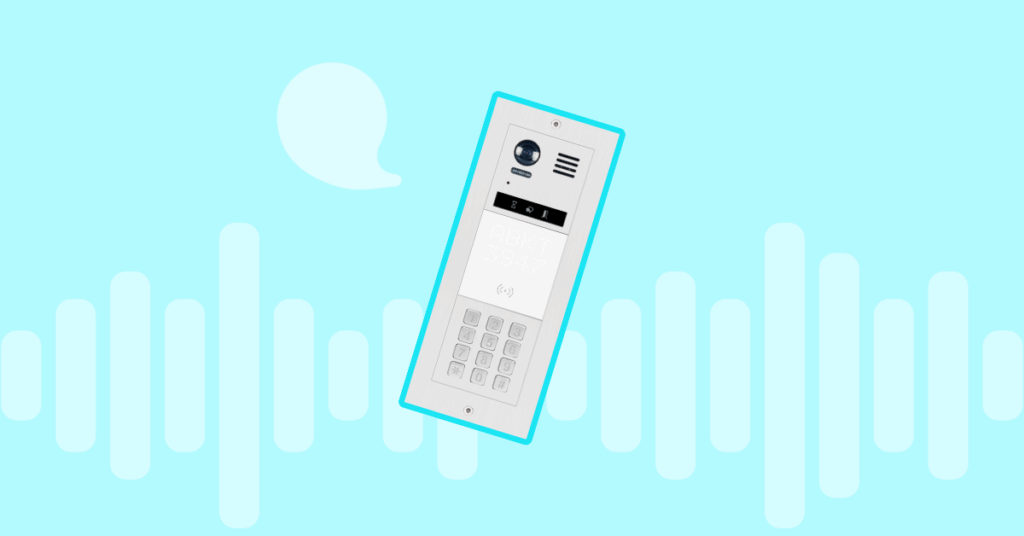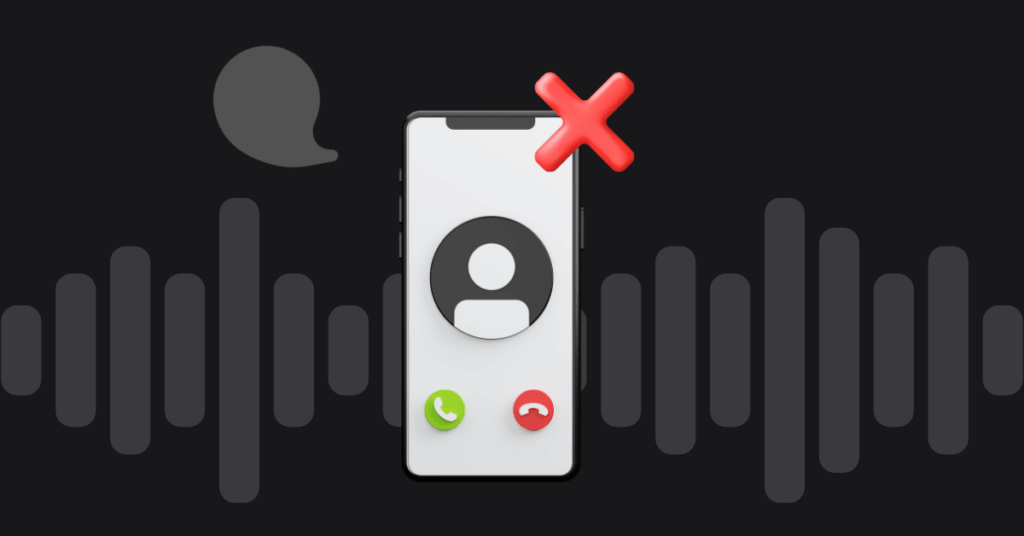The Differences Between Non-Fixed VoIP and Fixed VoIP Services
- Renier Schrenk

Table of contents
Like many other industries, VoIP has its terminology and jargon. Using common terms makes it easier for all groups to understand the discussion. But only if you know what they mean! Unfortunately, the side effect is that outsiders may have no idea what’s going on.
If you are a business owner or manager and want to upgrade to VoIP, you need to understand industry jargon. What is the difference between fixed and non-fixed VoIP? Why should you consider a virtual number? What kind of business features can you get from VoIP services? Before we get into that, let’s take a quick look at phone systems in general.
Traditionally, a business phone system meant landlines and the PSTN. It was expensive and therefore out of reach for many small businesses. You had to spend time on installation and maintenance.
Modern business phone systems use VoIP instead. They are less expensive, more flexible, and offer exciting new features. So what is VoIP and what does a business phone system look like today?
What is VoIP?
VoIP stands for Voice over Internet Protocol. As you might guess from the name, it means sending voice signals through data networks. You might also hear it called Internet calling, virtual calling, etc. However, the industry seems to have settled on the standard usage of the term VoIP for all types of Internet-based calling.
How Does VoIP Work?
The old phone system we are all used to has been around for decades. It was reliable but at the same time, didn’t change much. It couldn’t keep up with the demands of modern consumers and businesses. In a traditional setup, calls travel over copper lines and switches.
VoIP does not need copper lines or switches. It only needs a data connection and this greatly improves business connectivity. The same network that carries your email, pictures, and documents can also carry voice. So when you make a call on a VoIP system, it travels over the Internet to its destination.
You can immediately see the benefits when you switch to a VoIP phone service. It uses an existing network, so calls are much less expensive. Calls made by employees within your business are free since they don’t leave your internal network. It doesn’t matter even if your offices are scattered across the world. You don’t have to maintain two different networks for communication.
With some types of VoIP, you don’t have to buy or install any hardware at all!
Fixed vs Non-fixed VoIP
Fixed and non-fixed VoIP also turns up frequently in the industry. What exactly is the difference between the two?
What Is Fixed VoIP?
One of the key differences between a VoIP number and traditional phone numbers is that the former is independent of location or device. It means that your VoIP number is assigned to you by the service provider. You can use it on any device. You can take it with you when you move somewhere else. But not all VoIP numbers share the same characteristics.
A fixed VoIP number is tied to a specific location. While you can use it on any device, you have to provide a physical address for the account. Even if you have a smartphone, the service provider needs an address. For this reason, VoIP numbers are offered only to subscribers within the same country as the provider.
Pros and Cons of Fixed VoIP
There are benefits to getting fixed VoIP even if it doesn’t appear so. For instance, if you would like to port numbers from your old provider. Your business has spent a lot of time in building up customer trust with the old numbers. So you don’t want to change any billing or contact information. In this situation, a fixed VoIP number is a great choice.
Having a fixed VoIP number makes it easier to access emergency services. Many VoIP vendors offer E911, as long as you provide an address for the number. So your employees can someone help even if they cannot give their address since the provider already has it.
A fixed VoIP number is more secure in general. Scammers and hackers cannot simply sign up for one without a physical address. They are easier to trace, so criminals usually avoid these types of VoIP numbers.
However, calls are more expensive with fixed VoIP. This is especially true for international calls. You can’t get a fixed VoIP number in another country if you don’t have an office there. That means your local customers will have to make a long-distance call to contact your business.
What Is Non-Fixed VoIP?
As you might guess, non-fixed numbers don’t have any address. You can easily sign up for one online using just an email address and credit card. They are more flexible than fixed VoIP numbers. Businesses can buy non-fixed numbers with any area code they like. You don’t need to have a physical presence or office in that country.
Pros and Cons of Non-Fixed VoIP
It is very easy to get a non-fixed VoIP number. You don’t have to provide any documents or physical location. You can sign up for one in a few minutes and start making calls. This is a boon for entrepreneurs, startups, and small businesses.
Non-fixed numbers are more flexible and less expensive than their counterparts. A business can buy numbers with different area codes and assign them to any employee. You get better calling rates for local and international calls with non-fixed VoIP numbers.
On the flip side, you cannot access E911 services without a physical address. Your employees can still dial 911 the usual way. However, if someone is incapacitated there is no way for the responder to send help. Another downside is the lack of security. Since anyone can sign up for non-fixed numbers, they are a favorite for scammers and hackers. People call them disposable numbers for this reason.
What’s the Better Choice – Fixed or Non-Fixed VoIP?
There is no objective method to say one is better than the other. It depends on what is the best phone system for your business, under present circumstances. Remember that needs and requirements change over time. What works for you today may not work for you tomorrow. The best choice for your business may be completely unsuitable for someone else. You might want to change from one to another in the future!
A fixed VoIP number is suitable for stable businesses for the long-term. Large enterprises a headquarters in one location may opt for fixed VoIP. Even if your employees change, the location will not. You get easy access to emergency services and faster response times.
A non-fixed VoIP number is suitable for growing businesses and startups. It is flexible and inexpensive. Why pay for more expensive calls when you don’t have to? It is also ideal if you have employees who telecommute, work remotely or travel frequently.
Now that you have a better idea of VoIP jargon, you can select the best option for your business. VoIPstudio offers a wide range of services with flexible plans. So what are you waiting for? Call us today for a free demo!
More from the blog
Want to improve your business communication?
Unlock enterprise-class call center power at affordable prices – no hardware, no delays, no surprises!






